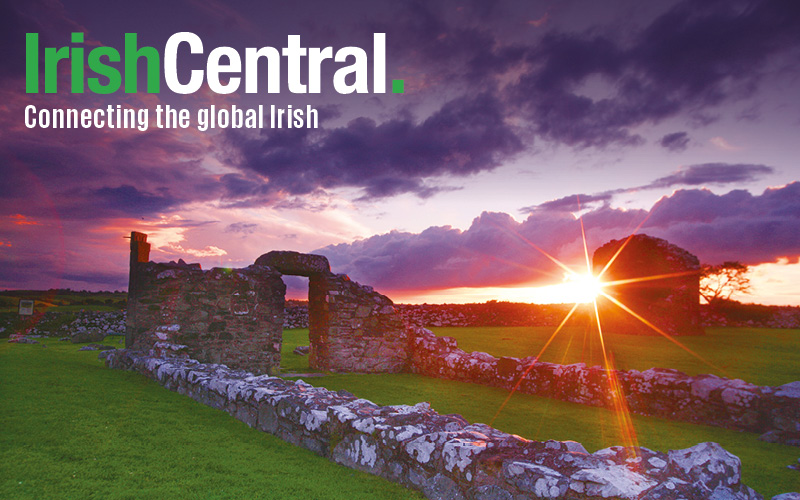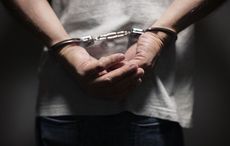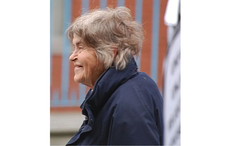Northern Ireland police will mount a major security operation ahead of the province’s first ‘supergrass’ trial in a generation on Tuesday.
A total of 97 charges ranging from murder to blackmail await 14 UVF activists based on the confessions of two former members of the loyalist terrorist group.
Brothers David and Robert Stewart agreed to turn state’s evidence in return for reduced jail sentences.
The two, self-confessed members of the Ulster Volunteer Force, will testify against their former comrades in the biggest trial the North has seen in years.
Riot police are already on stand-by and separate courts will be used as officers bid to keep rival UVF factions apart during the trial.
All 14 accused belong to the Mount Vernon UVF, a notorious North Belfast terror unit heavily infiltrated by police.
Central to the case is the murder of Ulster Defence Association paramilitary Tommy English in October 2000.
According to the Guardian newspaper, the Belfast trial will hear accusations that some of those charged with English’s murder were police agents at the time of the killing.
English was the victim of a UVF-UDA feud when he was murdered at his home in Newtownabbey.
North Belfast UVF leader Mark Haddock is the chief suspect in the murder of English and was targeted by his own UVF group after he was also outed as a police informer.
Haddock had been housed at a secret location in England but was flown back to Belfast at the weekend and has remained in custody since his return.
The Stewart brothers, currently serving a prison sentence for aiding and abetting the killers of English, have supplied the bulk of the evidence against Haddock.
Police in Northern Ireland fear a major outbreak of UVF led violence around the trial, the first supergrass hearing since the 1980s.
Security sources have blamed the UVF for the outbreak of sectarian rioting in Belfast back in June and fear more of the same as the court case develops.
According to the Guardian, Loyalists have already staged protests against the trial which they claim is solely based on the evidence of paid perjurers, a phrase the UVF used in the 1980s against a number of witnesses in the supergrass trials.
A new group, called Families Against Supergrass Trials, has already put banners up across East Belfast accusing police of double standards. They also claim investigations are focused on loyalist rather than republican past crimes.
At the height of the first supergrass trials between 1982 and 1985, 25 men turned state’s evidence when Loyalist and republican informers put hundreds of suspects behind bars for dozens of murders.
Evidence from IRA supergrass Christopher Black saw 22 of his former comrades jailed for more than 4,000 years between them.
The supergrass system collapsed in 1985 after a judge ruled that another informer’s testimony was ‘unworthy’. Almost all of those who had been held on remand were freed.




Comments